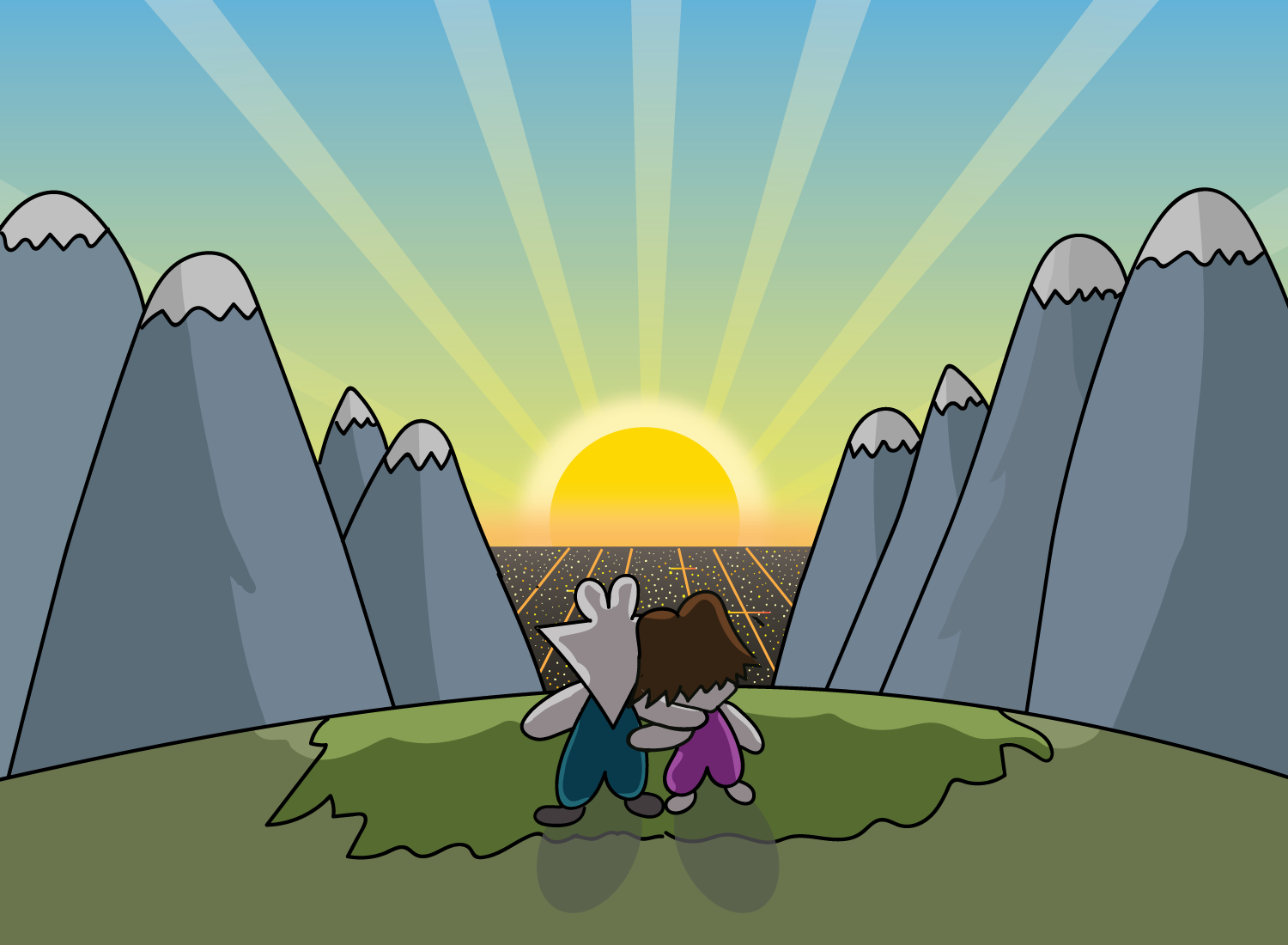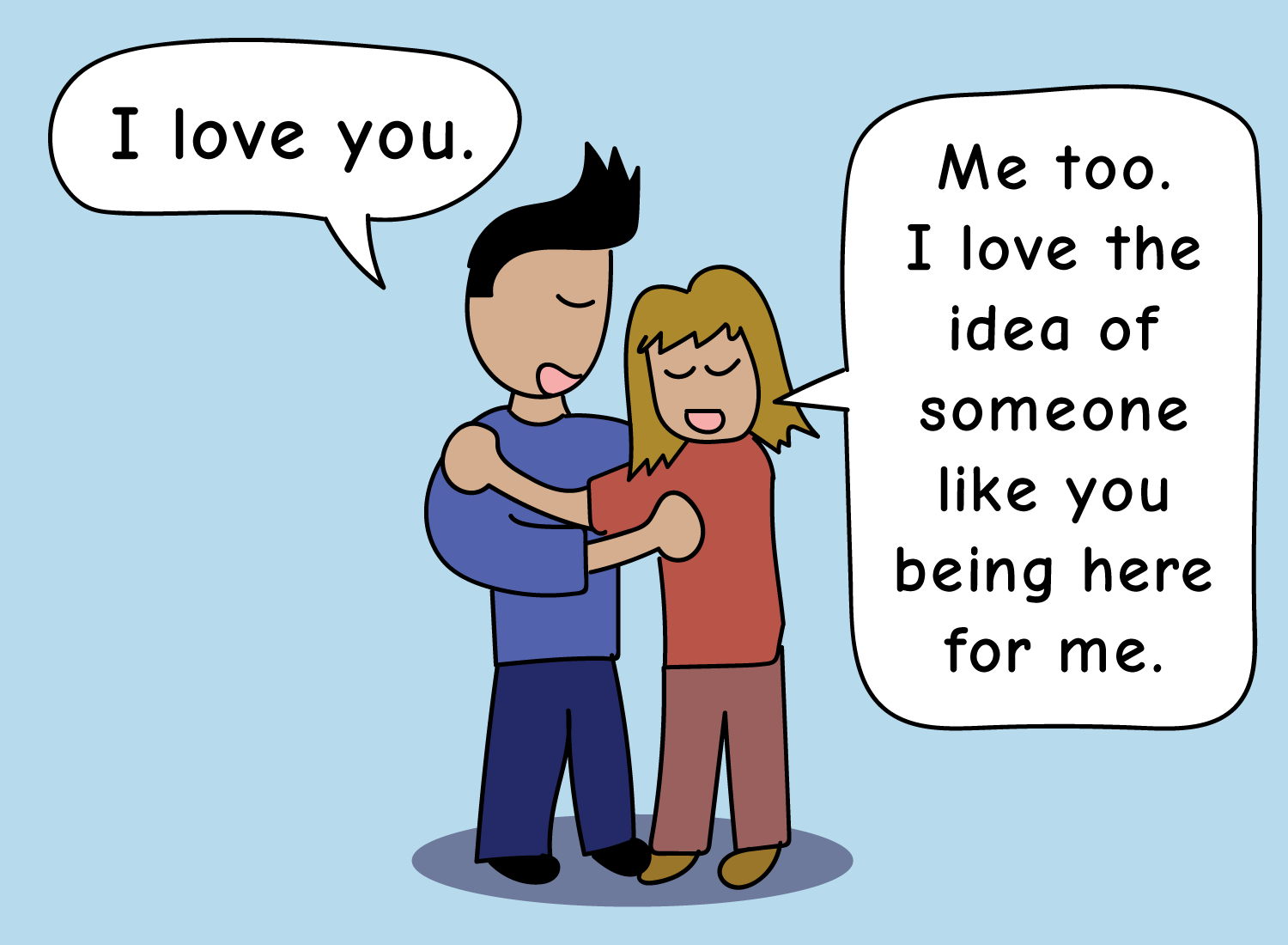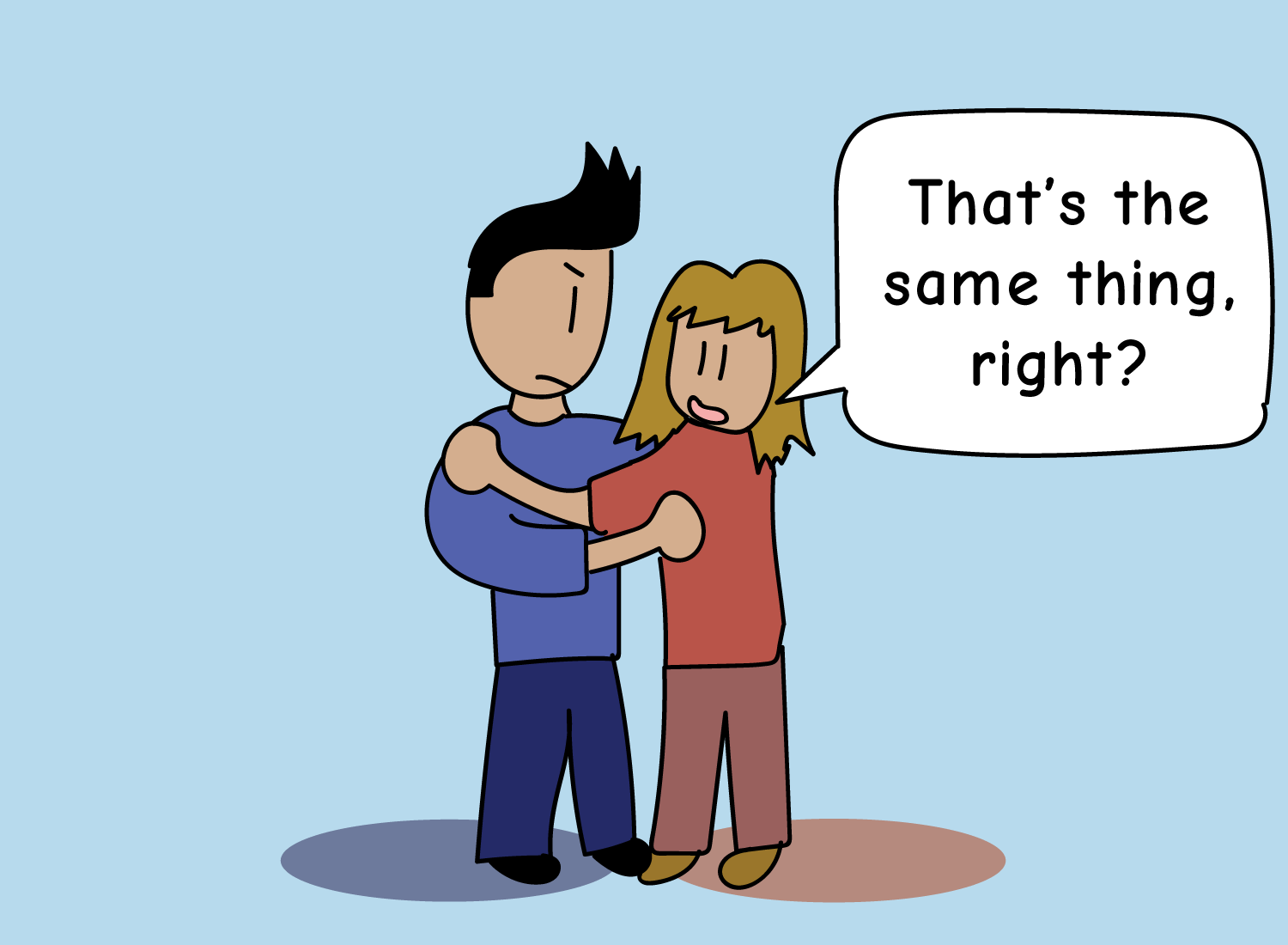Love Has No Gain or Loss
Dependency is not love, yet we often confuse one for the other.
What’s the line between the two, and how can we distinguish these phenomena from one another? This is the question I want to explore today.
Let’s start with dependency.
In a sense, we are all dependent on one another. I depend on the labor of strangers to assemble this computer I’m typing on now. I require the assistance of others to put food in the grocery store on my behalf. Without the sustained cooperation of people I will never know, it will be very difficult for me (and anyone else) to survive.
But this is not strain of dependency I’m referring to today.
When I speak of unhealthy dependency, it has to do with a reliance upon another human being to regulate your emotional state. It’s when you require someone else’s presence to act as an anchor for the decisions you make or the actions you pursue. If the person wasn’t present, your intuition would take a hit, particularly because you outsourced so much of it to that individual.
Dependency is often mistaken for love because if you don’t take a nuanced look, they can look remarkably similar. Both are expressions of connection. Both require cooperation. Both are signals of intimacy.
But upon closer examination, there are clear differences.
Dependency is rooted in selfishness, whereas love is in selflessness. Someone who is dependent on a partner leverages their partner’s attention to serve their own needs. Someone who loves a partner, on the other hand, does so without the satisfaction of any given need. The person’s existence is enough.
For example, consider the statement, “I don’t know what I’d do without you.” While this masquerades as submission, the reality is that it’s a statement of control. It’s effectively saying, “I need you, and it’s that need for you that makes you important.” Everything starts with the self, and the partner is a mere projection of what the self requires to feel comforted.
So now we turn to love and the idea of selflessness. What does it mean to be selfless in a dynamic that’s defined by connection?
This is a question I’ve thought a lot about. The answer is a bit fuzzy as of now, but I’ll try my best to express it.
At its core, love is a blend of acceptance and stillness. True love can only be experienced when the mind is quiet, and not when it is motivated by pleasure or desire. This definition is not limited to romantic love either. It applies to the love one has for a friend, a neighbor, a stranger, or even nature itself. When the mind is in a state of equanimity, it is only there where the self dissolves and love can emerge.
But when it comes to romantic love, it has to go through a process before it gets there.
First off, a baseline level of physical attraction must be satisfied before we move on to more nuanced versions of love. This initial gateway is mediated by our biology, which is largely inescapable. The problem is that people often mistake these impulses and urges for love itself, which causes problems as time dismantles the illusions conjured up by infatuation.
The next is a period of acclimation to the physical form, but an opening of a journey into the psychological one. While our physical bodies deteriorate over time, who we are as people continues to evolve and change until our death. And in this stage of love, we make the commitment to embrace one another and jump into these rabbit holes together. We know that the journey won’t necessarily be pretty, but it’s worth it to uncover who we really are with one another.
Then we get to the highest form of love. This is when the flaws you uncover are no longer interpreted as flaws, but as indicators of what make your partner unique and beautiful. As long as the flaws can yield fruitful lessons and do not endanger either one of you, they can be accepted and even appreciated. And it is through this acceptance where the self has the opportunity to dissolve.
True love is cultivated through equanimity. When it’s not contingent upon outcomes or expectations of anyone’s needs being satisfied. When you can connect with the other while also retaining your inner compass.
In other words, love is a form of connection where there is no gain or loss. There is only you and the other, and that is enough.
_______________
_______________
For three more stories or reflections of this nature:
Respect Is No Substitute for Love
The Four Ancestral Wants: A Brief Dive Into the Nature of Desire






